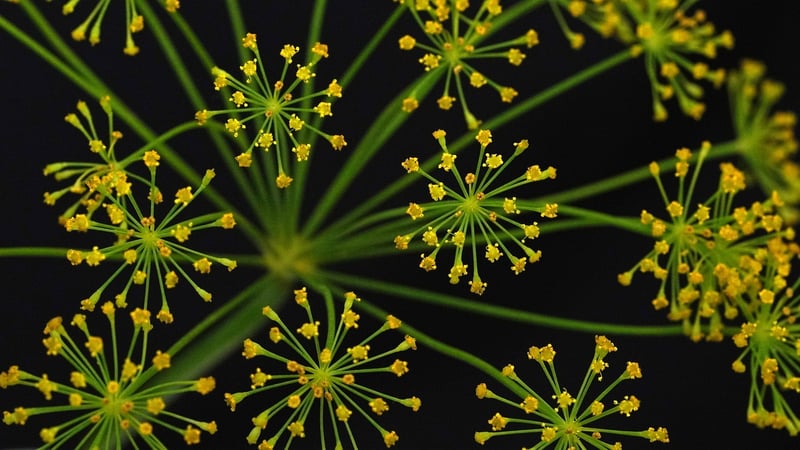Ethnic Spices
Enhance Your Cooking with Ethnic Spices: Key Components for Your Dishes
Are you looking to add a burst of flavor to your meals? Ethnic spices are the perfect way to elevate your dishes and transport your taste buds to far-off lands. Let's explore some key components that can take your cooking to the next level!
1. Cumin
Cumin is a versatile spice commonly used in Indian, Middle Eastern, and Mexican cuisines. It adds a warm and earthy flavor to dishes like curries, chili, and roasted vegetables. Try toasting cumin seeds before grinding them for a more intense flavor.
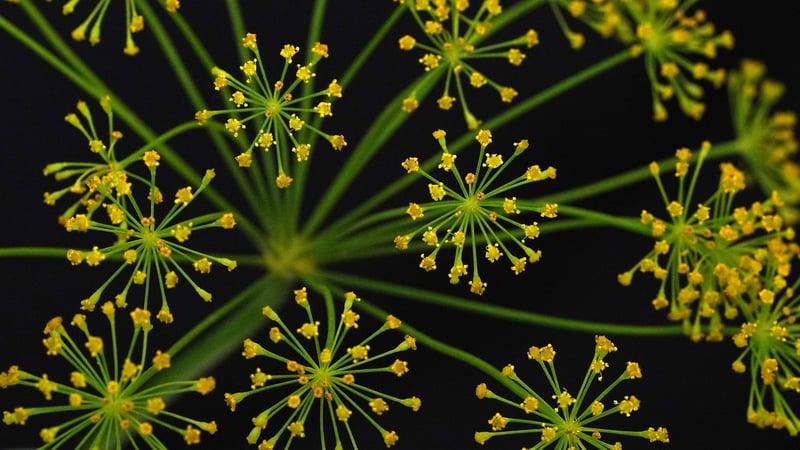
2. Turmeric
Turmeric is known for its bright yellow color and earthy flavor. It is a staple in Indian cooking and pairs well with cumin and coriander. Turmeric not only adds flavor but also offers health benefits due to its anti-inflammatory properties.
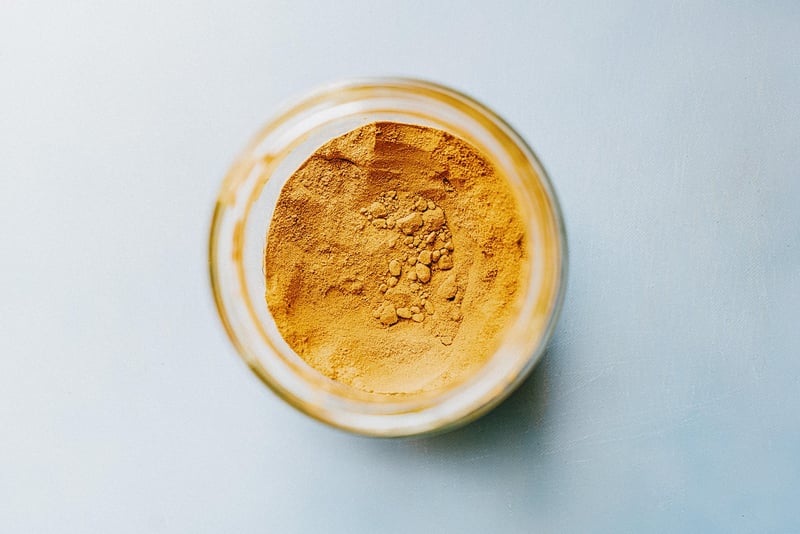
3. Garam Masala
Garam Masala is a fragrant spice blend commonly used in Indian dishes. It typically includes cinnamon, cardamom, cloves, cumin, and coriander. Sprinkle a pinch of garam masala on your curries or roasted meats for an aromatic kick.
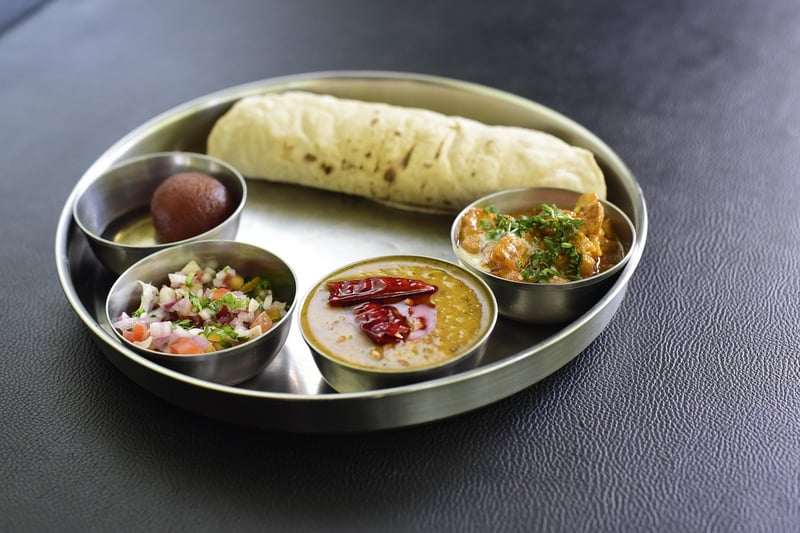
4. Za'atar
Za'atar is a Middle Eastern spice blend featuring thyme, sumac, sesame seeds, and salt. It has a tangy and herby flavor profile, perfect for sprinkling on flatbreads, salads, or roasted vegetables. Za'atar adds a unique twist to your dishes.
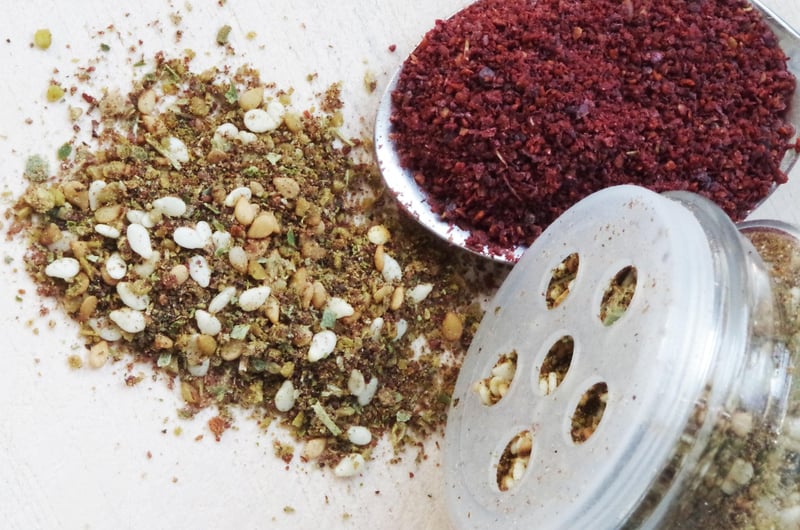
5. Gochujang
Gochujang is a Korean chili paste that offers a sweet, spicy, and savory flavor. It is a staple in Korean cuisine and can be used in marinades, sauces, or stews. Add a spoonful of gochujang to your dishes for a bold and complex taste.
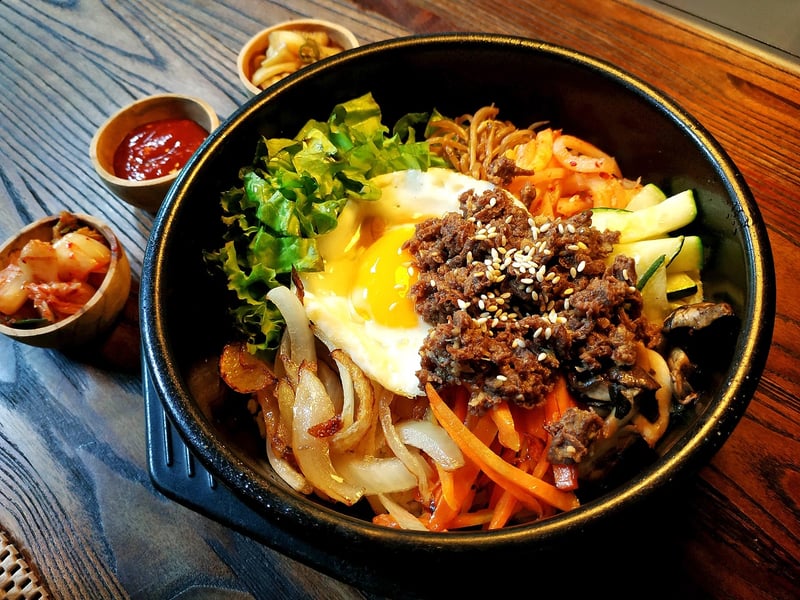
Experimenting with these ethnic spices can open up a world of flavors and aromas in your cooking. Whether you're a seasoned chef or a beginner in the kitchen, incorporating these key components will surely enhance your culinary creations. So, spice up your dishes and embark on a flavorful journey!
